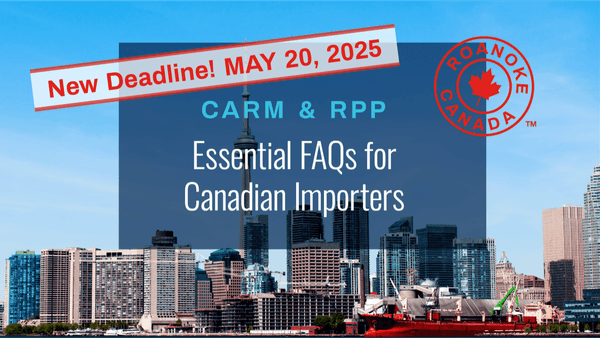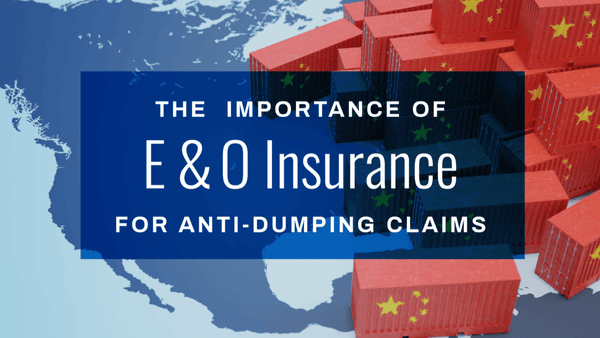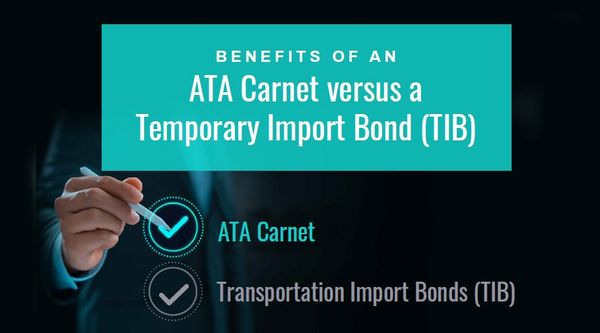Resource Center
How to Apply for Importer of Record
How to Apply for Importer of Record
The importer of record (IOR) is a prominent term in customs and trade laws. The title of importer of record refers to the individual or entity that is responsible for ensuring that all goods imported into a country’s commerce are done so legally and in accordance with the shipping laws of that country.
In the United States, the importer of record must abide by all the regulations of Customs and Border Protection (CBP), and the IOR is ultimately the one responsible for filing any legally required documents including ATA Carnets and surety bonds, though lawful representatives may perform that actual filings on their behalf.
The importer of record designation does require submission of the CBP form 5106 to create or update importer identity in the customs ACE system. Federal employer identification numbers (FEIN) or social security numbers are used as the “importer number” for domestic entities, while foreign importers will be assigned their importer numbers by customs.
In order to be considered an importer of record on a shipment of goods entering U.S. commerce, an entity or individual must be one of the following as it relates to the items being transported:
- Owner of the goods
- The purchaser of the goods
- Consignee
- Customs broker
While every country has slightly different rules, being one of these important individuals in the shipping process is the only way to apply for a bond or make entry as the importer of record.
Who Can Be An Importer of Record?
As a general starting point, to qualify to be an importer of record, the person or entity must either own the goods being transported or have a financial interest in them. An example of this would be if you made and sold the goods or purchased them from one party and sold them to another. The company or individual with an ownership stake in the goods at the time of entry will usually qualify as importer of record.
Specifically in the United States, CBP can challenge the role of the party claiming to be the IOR and ask for any of the following supporting documentation:
- Endorsed bill of lading
- Copy of arrival notice
- Copy of delivery order
- Power of Attorne
- Proof of payment for freight charges or from the importer to the seller
- A letter from the importer’s financial institution
- A copy of the contract between the importer and consignee
Ultimately, the importer of record should ensure compliance with all statutes and regulations deemed necessary, and working with a licensed customs broker is the best way to ensure that all IOR responsibilities are met. The importer of record is the party that carries the legal responsibility for the initial valuing, classifying, and estimation of duties, taxes and fees on imports, and it is the business of the customs broker to assist with these very customs-specific and sometimes downright byzantine tasks. It’s critical that imports are conducted by the book as CBP enforcement of these requirements can include inspections and examinations of imports, documentation audits, monetary penalties, and investigations















